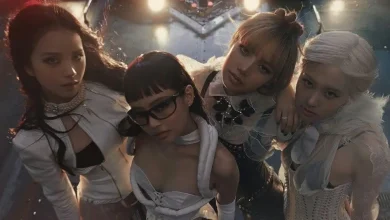Jungkook and Karina’s Controversies Ignite Debate Over Gender Double Standards
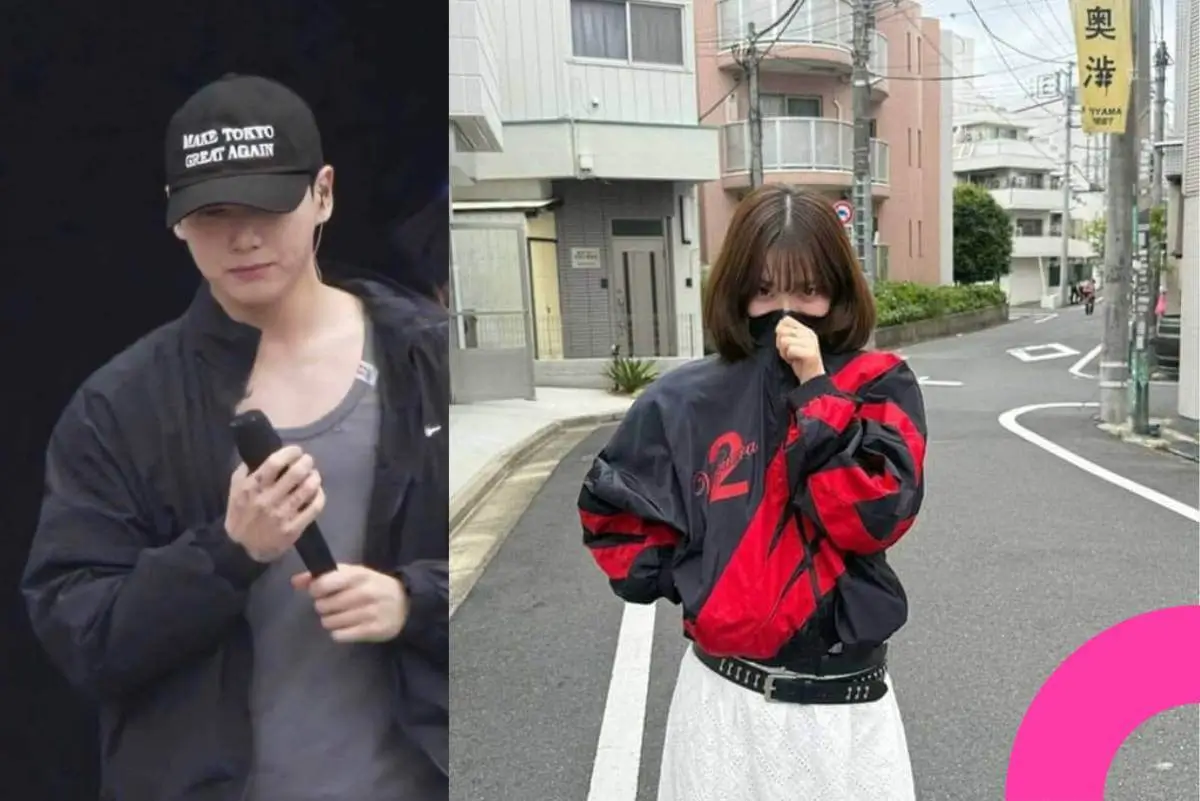
Jungkook came under fire after wearing a “Make Tokyo Great Again” hat during rehearsals for J-Hope’s “HOPE ON THE STREET FINAL” concert, just days after his military discharge. The slogan, reminiscent of Trump’s controversial “Make America Great Again (MAGA)” catchphrase, has ties to Japanese far-right ideology, making it highly sensitive in the context of Korea-Japan relations.
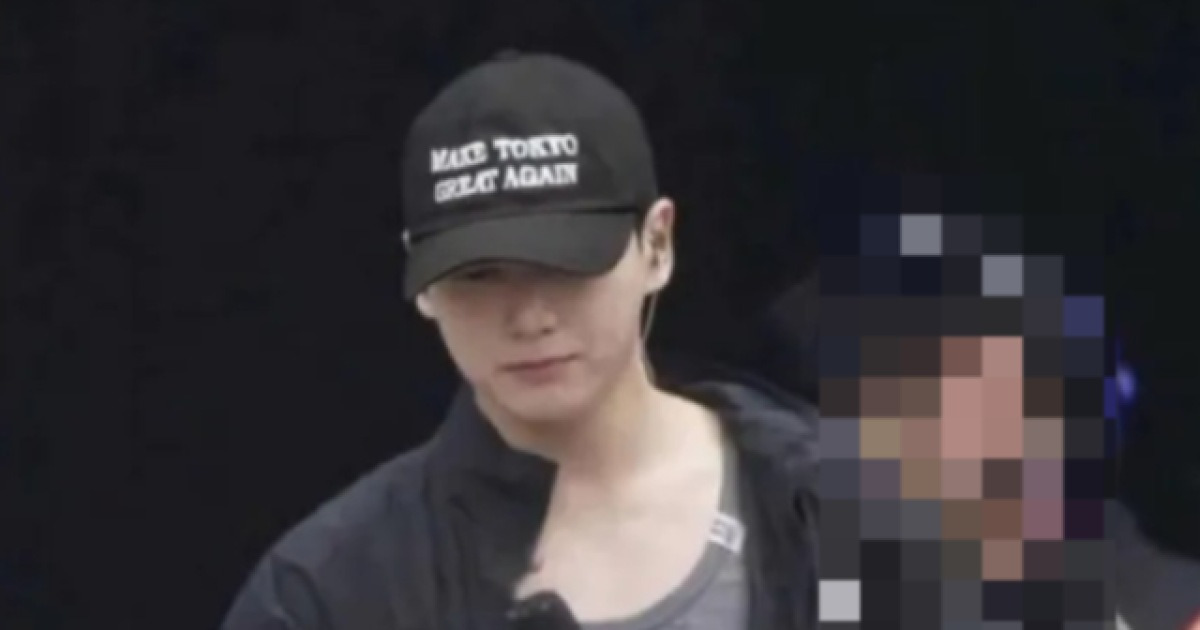
Meanwhile, Karina was embroiled in her own controversy just weeks earlier. She faced backlash over an Instagram post showing a red and black outfit with a rose emoji and the number “2”, which netizens interpreted as subtle support for conservative presidential candidate Kim Moon Soo. The reaction was swift and intense—K-Pop fans even dubbed her “MAGArina” before she deleted the post.
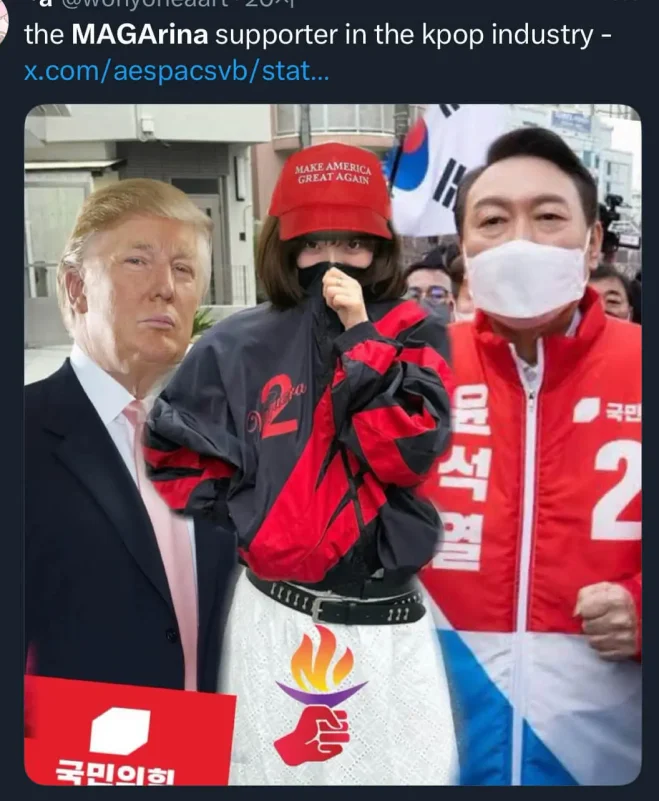
A viral post on X (formerly Twitter) reignited the debate, accusing the public of going easier on Jungkook because of his gender. The post highlighted the slogans’ political implications and demanded consistency in reactions: “So this will blow up even more than Karina’s did, right?”
Some defended Jungkook, claiming he may not have understood the slogan’s meaning. His swift apology on Weverse, where he admitted his mistake and immediately discarded the hat, earned praise for responsibility and transparency.
Karina addressed her issue through Bubble, expressing regret for the “misunderstanding” and vowing to be more careful. However, many argued she was unfairly dragged despite the ambiguity of her post.
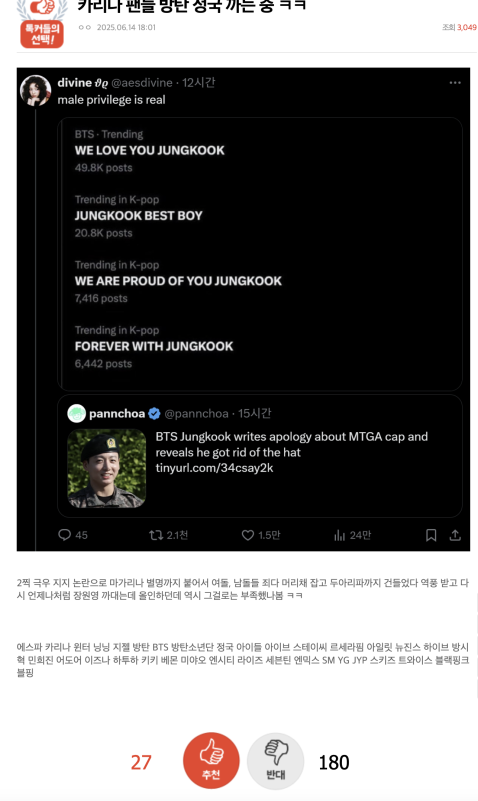
While some netizens insisted that both idols were judged appropriately, others strongly disagreed—believing Karina faced harsher treatment simply because she is a woman. Comments like “Why is Jungkook being forgiven so easily while Karina was crucified?” flooded Korean online platforms.
The controversy underscores a recurring tension in K-pop: how differently male and female idols are treated when navigating sensitive topics. As netizens continue to clash, this debate serves as a reminder of the scrutiny idols face—and how public perception can often be skewed by gender.


